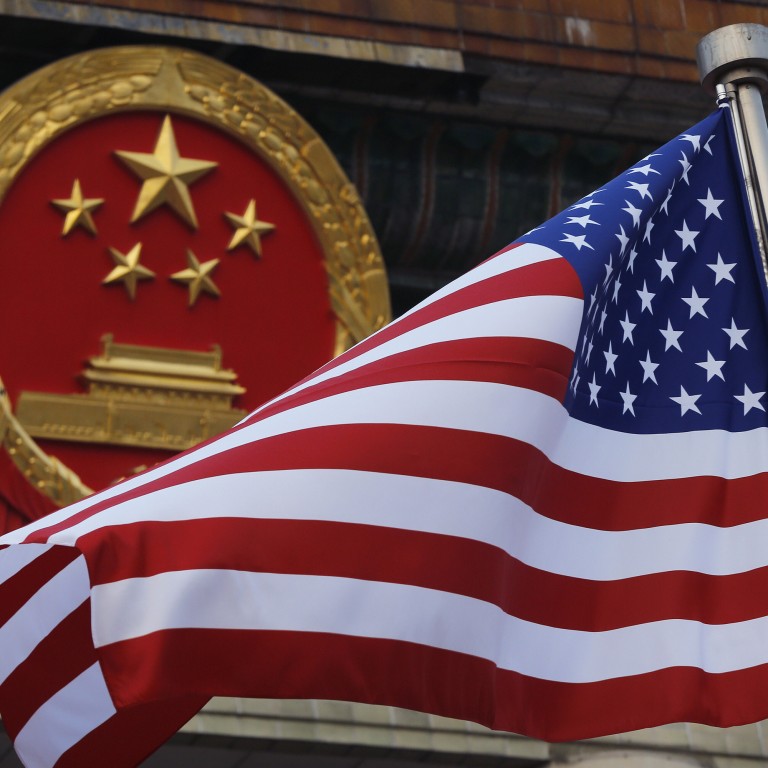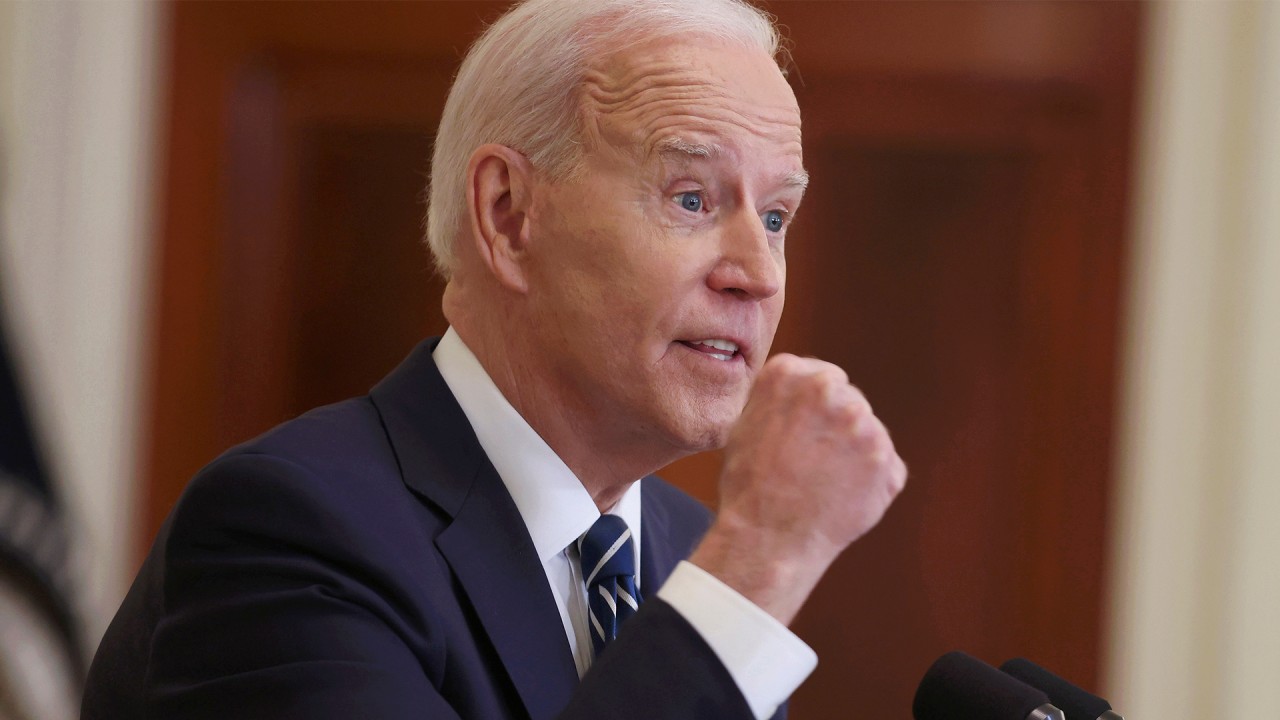
US lawmakers prepare a sweeping effort to counter China
- The Senate Foreign Relations Committee will meet next week to consider legislation intended to beat back Beijing’s expanding global influence
- The Strategic Competition Act of 2021 addresses economic competition with China, as well as issues like Hong Kong and Xinjiang
US lawmakers plan to introduce legislation next week that would put additional sanctions on Chinese officials, build closer US relations with Taiwan and place more checks on Beijing’s military operations and territorial claims, among other measures intended to counter China.
Bob Menendez of New Jersey, the Senate Foreign Relations Committee’s Democratic chairman, and Jim Risch of Idaho, its senior Republican, said on Thursday that they would introduce the Strategic Competition Act of 2021 for debate by the committee on Wednesday.
“I am incredibly proud to announce this unprecedented bipartisan effort to mobilise all US strategic, economic and diplomatic tools for an Indo-Pacific strategy that will allow our nation to truly confront the challenges China poses to our national and economic security,” Menendez said.
The bill calls for sanctions against Chinese officials accused of “forced labour, forced sterilisation and other abuses in Xinjiang”, where human rights groups cite United Nations reports and witness accounts that as many as 1 million Uygurs and other Muslim minorities are held in “re-education camps”. Beijing has repeatedly denied the allegations, insisting that the camps are vocational training facilities.
However, the Menendez-Risch bill stops short of applying the genocide label. The word appears nowhere in the 281-page piece of legislation.
The bill would also earmark US$10 million “to promote democracy in Hong Kong” and require the State Department to produce a report on “the extent to which the government of China uses the status of Hong Kong to circumvent the laws and protections of the United States”.
China warns US against taking a superior position in global affairs
The bill notes that Chinese President Xi Jinping has refused to renounce the use of force to reunify Taiwan with the mainland, and states that “the CCP’s [Chinese Communist Party] insistence that so-called ‘reunification’ is Taiwan’s only option makes this goal inherently coercive”.
If passed, the bill would void all restrictions on US officials’ interaction with Taiwanese counterparts.
The legislation calls for additional efforts to strengthen military ties with allies and partners in the Indo-Pacific region.
“The United States should design for export to Indo-Pacific allies and partners capabilities critical to maintaining a favourable military balance in the region, including long-range precision fires, air and missile defence systems, anti-ship cruise missiles, land attack cruise missiles, conventional hypersonic systems, intelligence, surveillance, and reconnaissance capabilities, and command and control systems,” the bill reads.
The bill would mandate forcing Beijing to honour a 2016 ruling by an international tribunal that artificial islands China had built near the Philippine coastline, including at Mischief Reef, violated Manila’s sovereign rights.
It also “reaffirms that the 2016 Arbitral Tribunal’s decision is final and legally binding on both parties and that the People’s Republic of China’s claims to offshore resources across most of the South China Sea are unlawful”.
Addressing potential threats caused by America’s economic ties with China, the bill would expand the scope of the Committee on Foreign Investment in the United States (CFIUS) to monitor relationships between China and American educational institutions.
Biden says infrastructure plan is essential for US to compete with China
That intra-agency body scrutinises financial transactions for potential national security risks related to the transfer of advanced technologies to foreign companies to ensure that they do not get used for purposes that would pose a threat to US national security.
The Menendez-Risch bill would make the US education secretary part of CFIUS and require “an evaluation of whether there are foreign malign influence or espionage activities directed or directly assisted by foreign governments against institutions of higher education obtaining research and development methods or secrets related to critical technologies”.
Risch lauded the CFIUS expansion into higher education as well as the cooperation across the political divide that was needed to introduce the bill.
“This bill tackles the Chinese Communist Party’s political influence across the globe, and importantly, in our own university system in the United States,” he said.
Asked about the bipartisan legislation, State Department spokesman Ned Price declined to comment specifically but said: “We have spoken of competition with China as a defining challenge for this administration, that we will enjoy the greatest amount of success when we work hand in hand with Congress, and when our proposals, find support on both sides of the aisle.”
Donald Trump signs defence bill imposing tougher regulations on foreign investments – including China
“We have been heartened that there is a good deal of bipartisan agreement when it comes to how we should and could approach the government in Beijing,” he said.
A separate announcement on Thursday by US Commerce Secretary Gina Raimondo, restricting US transactions with Chinese supercomputing centres, underscored this alignment on China policy.
The directive identified seven Chinese supercomputing centres that were put on the US government’s entity list, which means they require special permission for exports and imports from the United States.
“Supercomputing capabilities are vital for the development of many – perhaps almost all – modern weapons and national security systems, such as nuclear weapons and hypersonic weapons,” Raimondo said in a statement.
Less than a week later, Biden met online with the leaders of Japan, India and Australia – an alliance known as the Quad – and discussed China’s “aggression” and “coercion” against the group’s members.
Additional reporting by Jacob Fromer




